To expand the democratic space in Nigeria and to ensure the legitimacy and stability of our democratic process, the rule of law, perhaps the supremacy of the law, anchored on constitutionalism and a progressive, liberal and developmental construction of the law, may be our best bargain, the latter in particular in the face of a seeming conversion of the democratic dispensation to a military regime. The judiciary, I mean the judex, is at the centre of this proposition.
In more direct language, what I am trying to draw attention to is how in recent times, despite the fact that we are under a democratic dispensation, there has been a seeming militarization of the political space, by the incumbent political administration at the centre. The scope for human freedom has been reduced, the government of the day complains about hate speech but it is, ironically, the main author of hate language against the same people whose welfare and security it is supposed to safeguard. It is a government that is intolerant of the opposition and which has shown an inordinate capacity for malice, hypocrisy, and intimidation. This more or less sets the tone for everything else. This is the reason it has lost so much goodwill and why many of its committed supporters who dreamt of its potential messianism are regretting their own initial optimism.
The last time Nigerians found themselves under this kind of siege was under military rule, and particularly under the rule of the same man who is now Nigeria’s incumbent President, a soldier turned civilian President. The militarization of the state in whatever form, compromises democratic ethos. We are in a democracy but the relevant institutions seem to be in disarray. The executive is at loggerheads with the legislature in Abuja. The judiciary has been harassed so much many of its members have been accused of corruption and thrown into the dock or disgraced out of service.
We are therefore, in a local season of McCarthyism whereby every possible opposition figure is labeled a witch, a thief, and harassed or blackmailed. The only saints in Nigeria at the moment are those who join the ruling party, or who go to great lengths to heap the blame for all problems on the immediate past administration. In this typical season of opportunism and sycophancy, saints may become devils and vice versa, throwing the country into the vortex of a moral turpitude.
But I single out the judiciary for qualified praise. The country’s judiciary has not escaped the harassment by an Executive wielding near-monarchical powers, even beyond the letters of the Constitution. Its members have been targeted for intimidation and harassment, and whereas it is true that there are bad eggs in every sector and that there are indeed rogue judges, the pattern of intervention in the judiciary on the grounds of the anti-corruption campaign smacks of a witch-hunt. But whereas legislators are divided, politicians are rushing to the ruling party in search of protection, and the civil society has been weighing its options, and everyone else seems to be seeking protection, the judiciary in spite of its travails remains, in our estimation, the only institution that is still relatively standing firm. When a proper stock-taking of this period in Nigerian history is done, it may well be discovered, that the judiciary was foremost in standing firm against intimidation.
I once wrote a Man-of-the-Year piece in which the judiciary was specially commended for its efforts in protecting Nigerian democracy and the rule of law. This was during the tumultuous season of the protest against the annulment, by military fiat, of the outcome of the 1993 Presidential election, and the aftermath. Before then, the Nigerian judiciary during the Fatayi-Williams-Eso-Irikefe-Oputa-Karibi-Whyte era had spoken the truth from the Bench and sought to protect Fundamental Human Rights against assault by the then military establishment. Under the present dispensation, we may well be facing the third critical era of the judiciary in terms of its willingness or otherwise, to resist military-era like intimidation.
Our emphasis is on the appellate courts, and the principle: “judicia posteriori sunt in lege fortiori”, that is “the later decisions are the strongest in law.” Whereas the High Courts of Nigeria have acquired a reputation for recklessness, and lack of thoroughness, the appellate courts have most recently served as a good advertisement for the appellate structure of the Nigerian judicial system. For a fact, the most celebrated cases relating to the nation-building and democratic system in recent times have been cases dealing with corruption and the travails of politically connected and exposed persons. Many of these cases, perfunctorily treated at the inferior courts level, have been thrown out at the appellate level, and in most instances what is projected is the supremacy of the law, even if the grounds may be technical.
A rigorous review of such cases may slip into the error of pedantry and seem unsuitable for journalistic commentary but I find particularly interesting a recent case at the Court of Appeal, Lagos Judicial Division, re: Adaoha Ugo-Ngadi vs Federal Govt of Nigeria, presided over by their Lordships: Mohammed Lawal Garba JCA, Joseph Shagbaor Ikyegh, JCA, and Yargata Byenchit Nimpar, JCA. The appellant had been charged before and tried by the High Court of Lagos State, along with two others on an eight-count charge including conspiracy to obtain by false pretence, obtaining by false pretence, conspiracy to forge documents, forgery, altering a false document, conspiracy to alter a false document and so on.
On January 13, 2017, the applicant, who was 2nd defendant, along with the 1st defendant, was convicted of the offences charged while the 3rddefendant was discharged and acquitted. They were sentenced to a total of 69 years imprisonment to run concurrently in respect of each term for the respective offences. They were also required to return to the Federal Government of Nigeria the sum of N754.9 million being an overpayment for oil subsidy, purportedly due to their company, Ontario Oil and Gas Limited.
The gravamen of this case is in relation to the right to fair hearing, as guaranteed in Section 36(1) and (4) of the 1999 Constitution. The right to fair hearing is a fundamental right in court proceedings and a major plank of our constitutional order. The apex court had however since ruled that it is nonetheless not a right that can be resorted to in a frivolous manner or as a magic wand. Having taken this into consideration, the Court of Appeal Lagos Division, in determining the merit of other issues in the case, upheld the rulings of the lower court on Counts 2-4, and duly found the applicant guilty, but the court raised a major constitutional issue when it turned the eyes of the law on the propriety of proceedings, and whether or not this constituted a breach of the Appellant’s right to fair hearing.
Delivering the lead judgment, concurred to by his brother Justices, Mohammed Lawal Garba, JCA, observed: “The issue of the right of a party to fair hearing in a case is so fundamental and crucial in the conduct of all judicial proceedings of a court of law and the administration of justice generally because of its constitutional guarantee and so a substantive issue of law that can be raised in an appeal against the final and interlocutory decision of a High Court, sitting at first instance, as of right by dint of the provisions of Section 241(1) (a) and (b) of the Constitution as altered.” The key issue in this instance about the propriety of proceedings and fair hearing is whether or not a defendant must be present in court throughout the whole of his trial, and whether his or her absence in the event of a joint defendant would amount to a breach of the principle or right of fair hearing. The applicant argued that the absence of her co-defendant at the lower court throughout the whole trial amounted to a denial of her right to fair hearing.
The Court then held, relying on the decided cases of Adeoye vs State; State vs Lawal, Asakipiti v. State and Ogujubu v. State as well as Section 208 of the ACJL, 2011 to the effect that it is mandatory that a Defendant shall be present in court throughout the whole of his trial including the delivery of judgement and sentence by a trial court.
Our take is that their Lordships in this case have taken a courageous stand in defence of the purity of the law, and in upholding the spirit of the law, and the constitution as the controlling force of state actions. Emotional and moralistic responses are beyond the purview of the law. When the judex insist on legal purity, especially under the prevailing circumstances in Nigeria, the standard response is for them to be exposed to blackmail and name-calling.











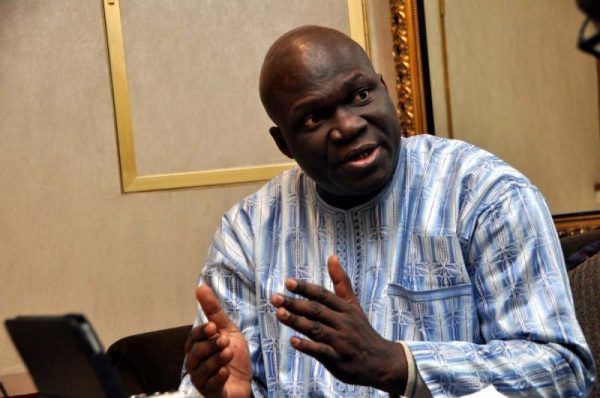


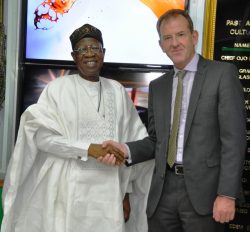




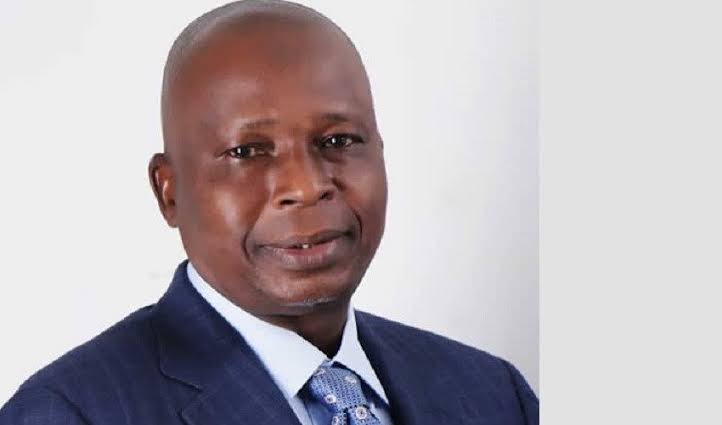
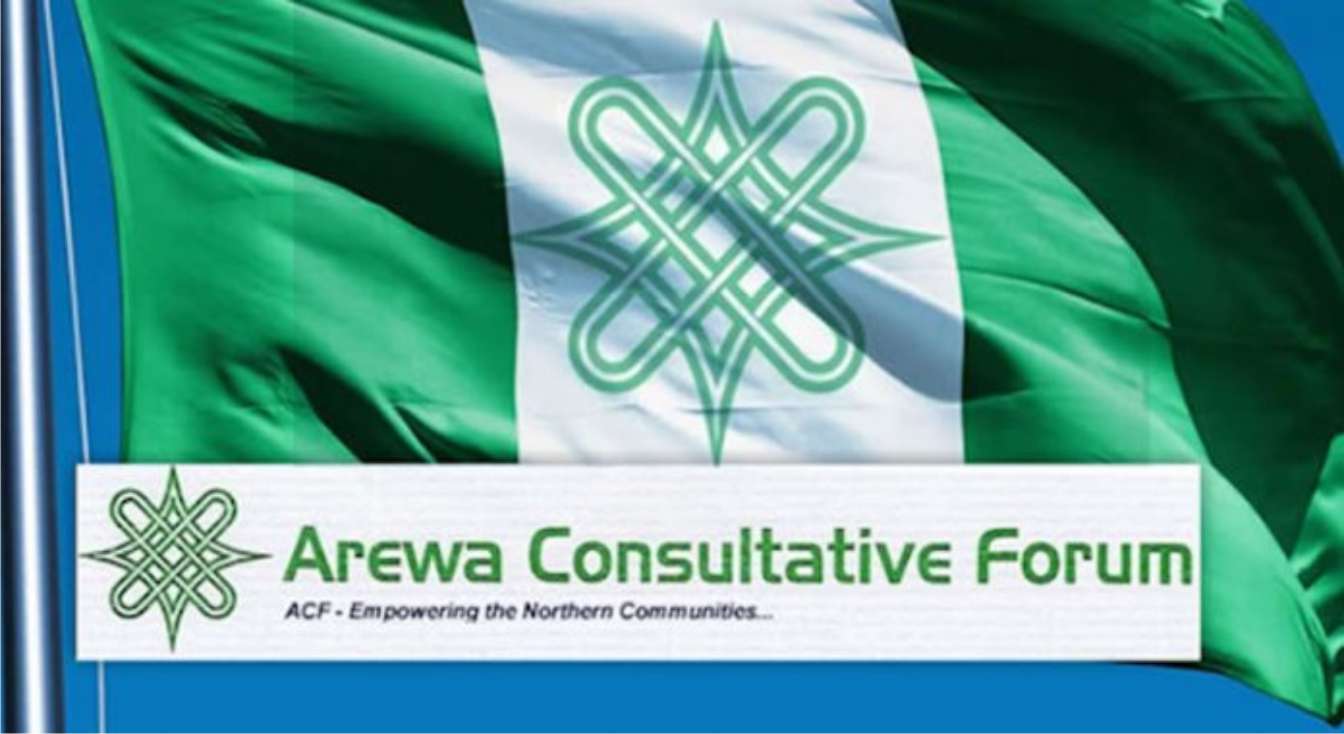
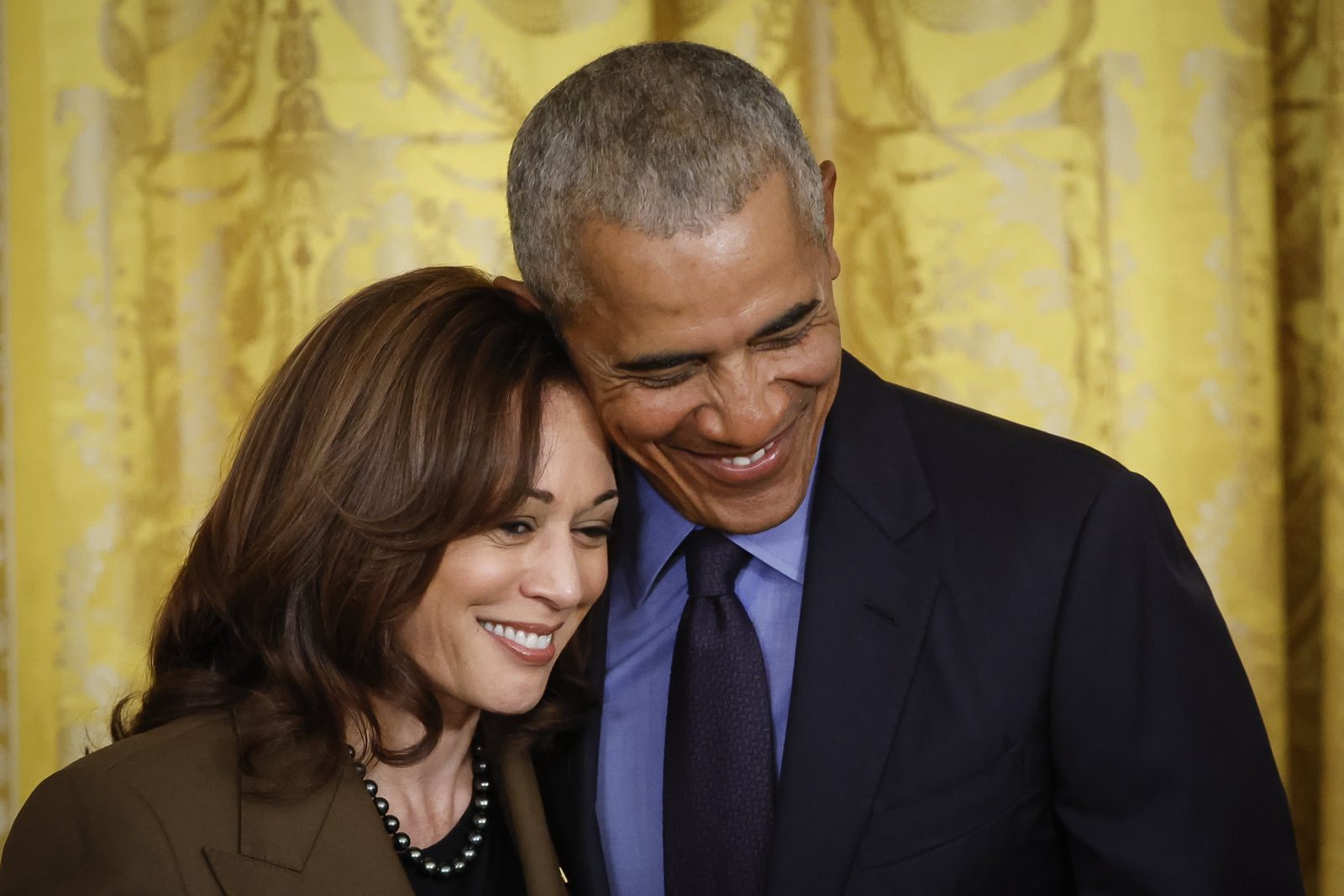



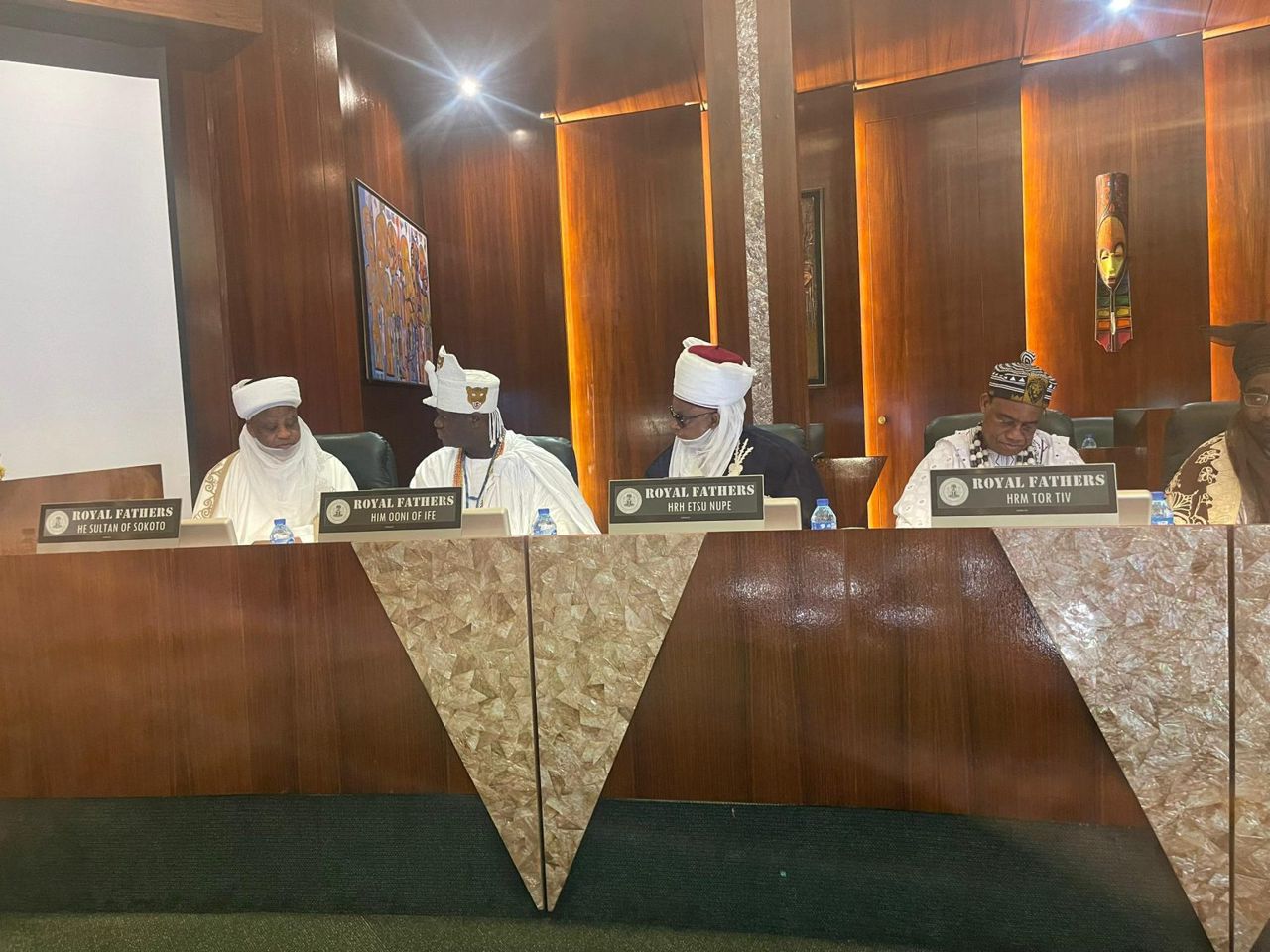

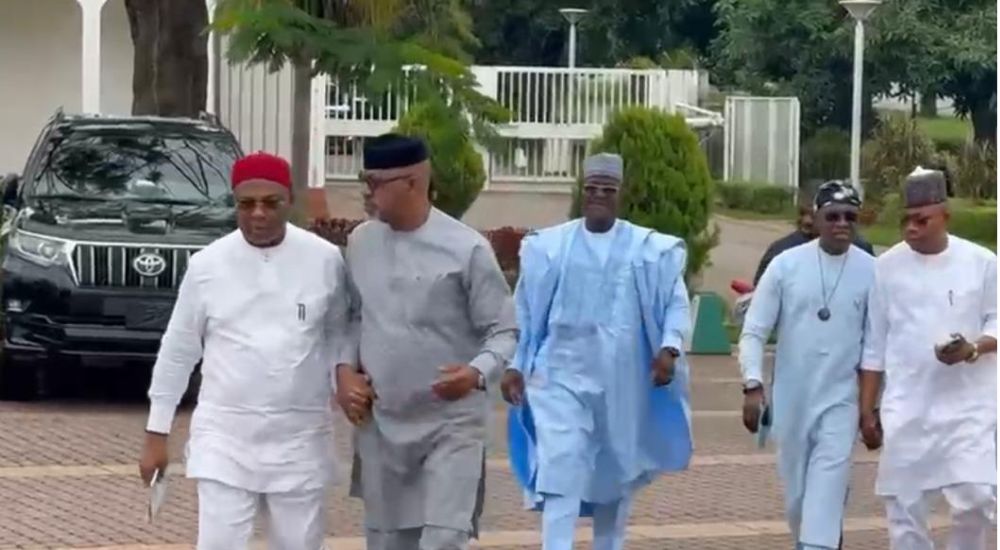


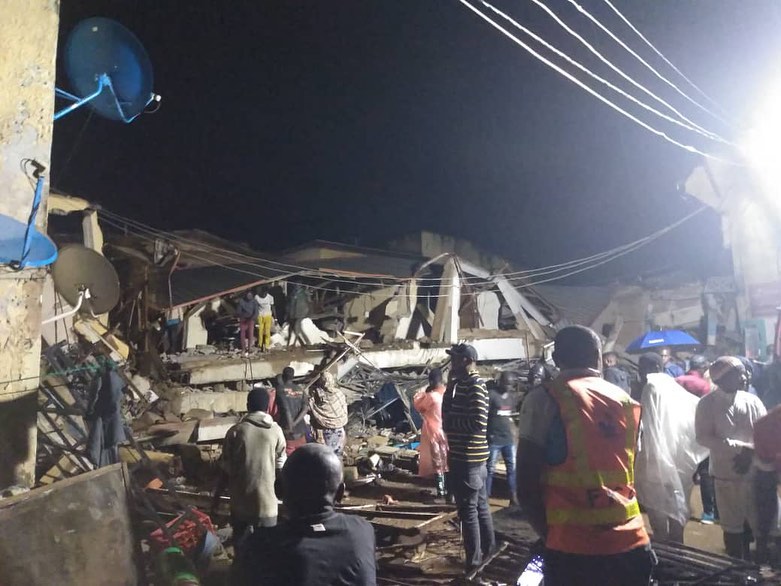
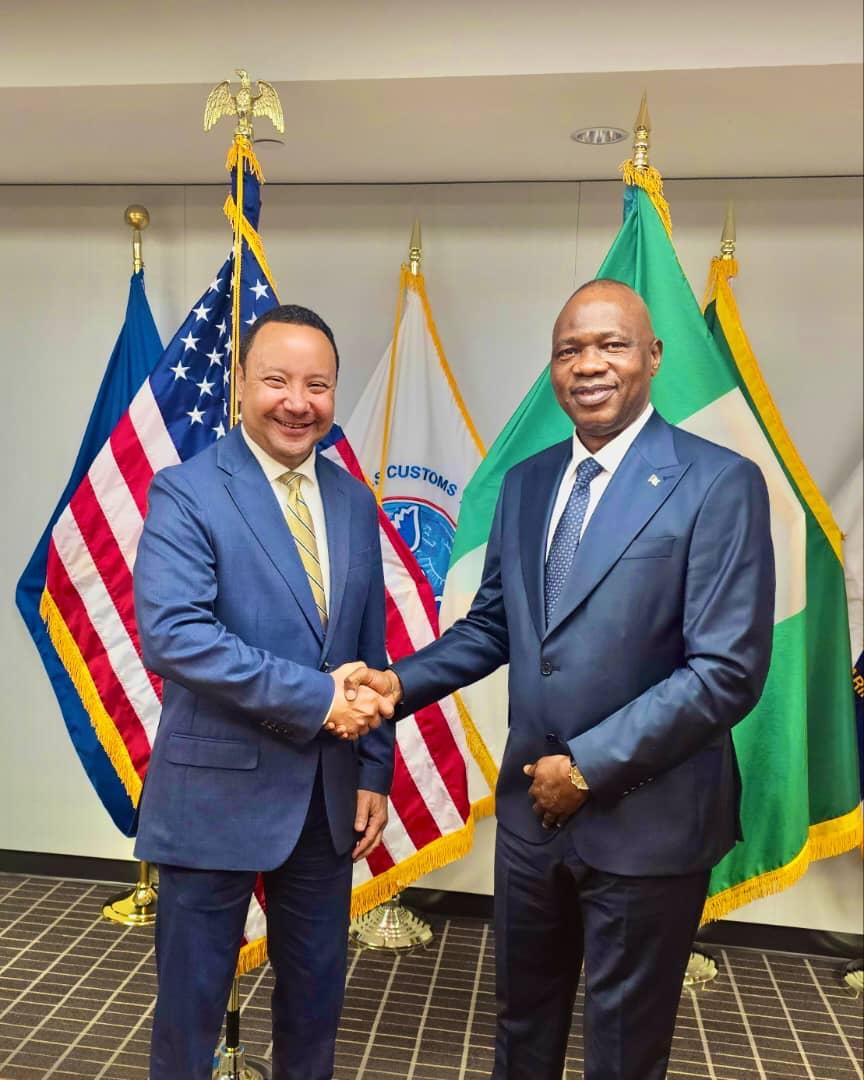
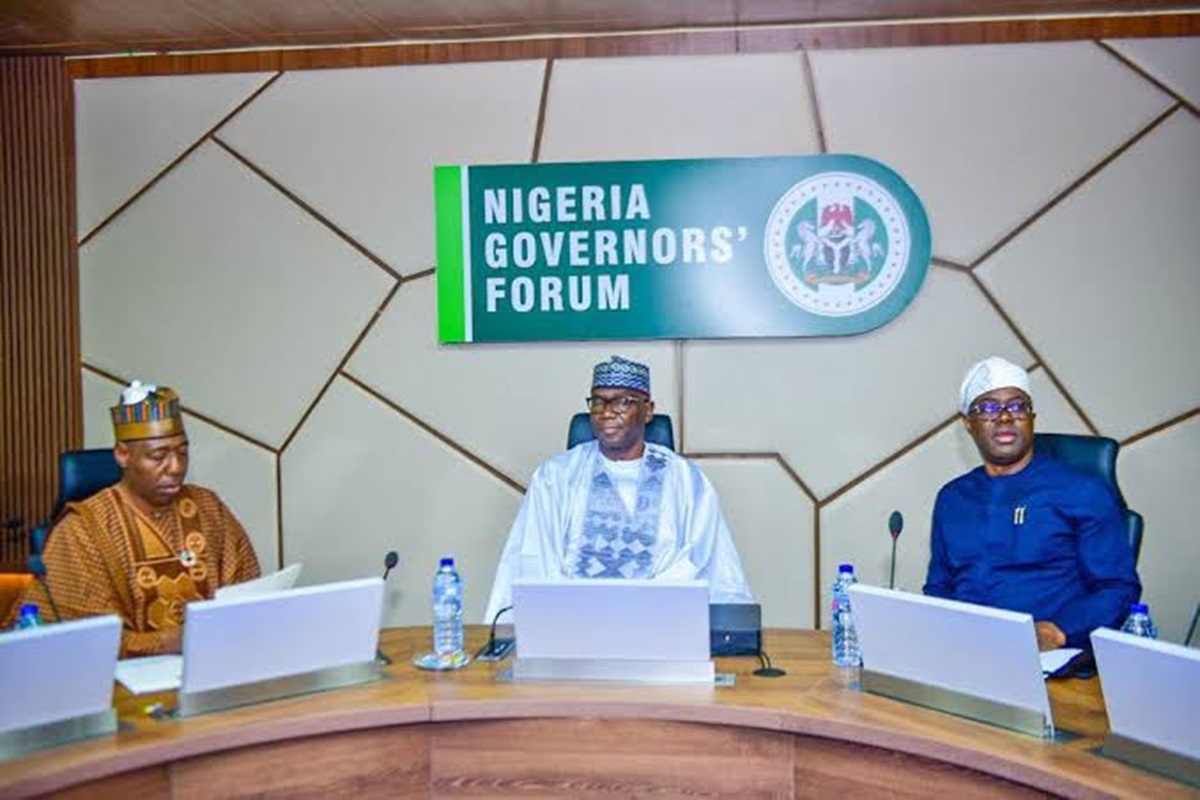
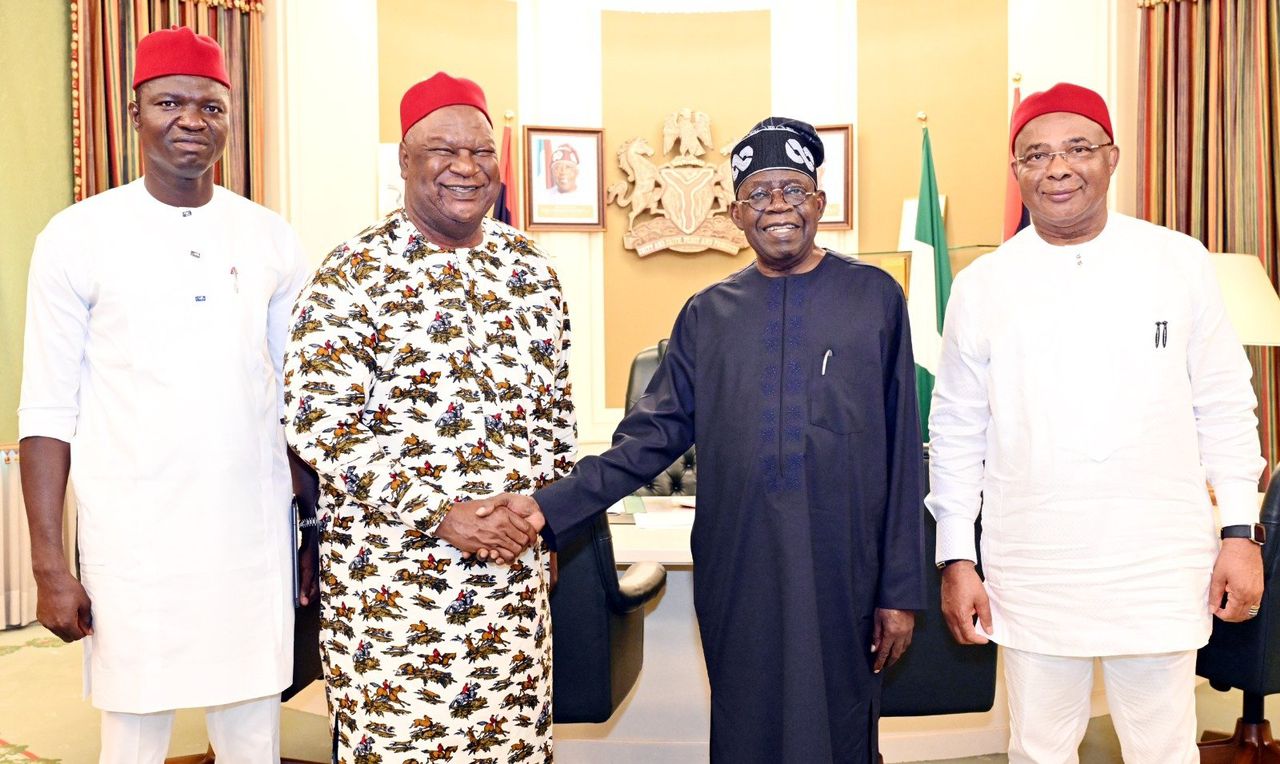

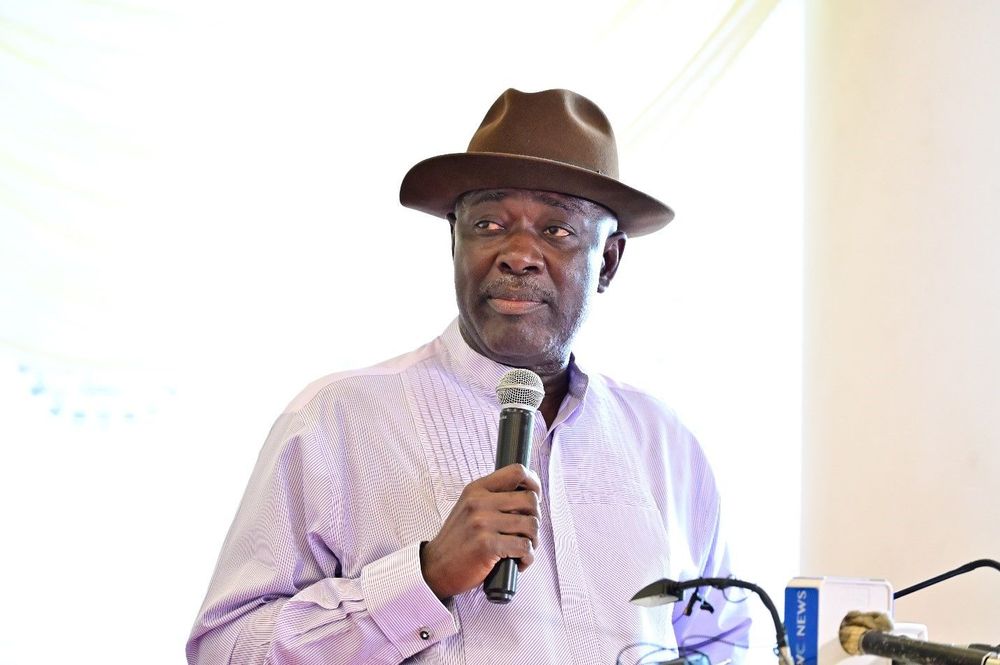

Leave a comment